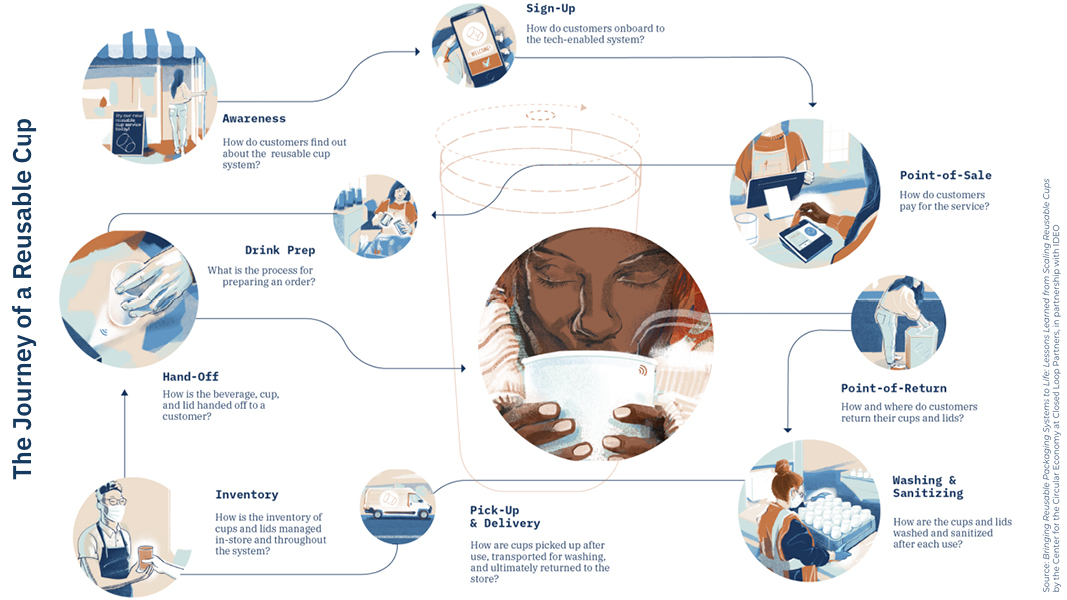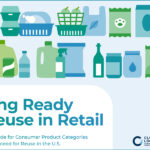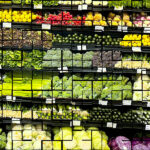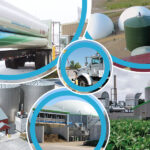Top: Reusable cup “ecosystem,” excerpted from Bringing Reusable Packaging Systems to Life. Courtesy of NextGen Consortium
Since 2018, the NextGen Consortium has made significant headway in advancing sustainable packaging innovation and recycling infrastructure to help end foodservice packaging waste. This includes “dozens of lab- and commercial-scale tests with recyclers, material test labs and paper mills, $1 million in funding awarded across 12 winning solutions from the NextGen Cup Challenge and pilots of reusable cup systems in the Bay Area,” according to Closed Loop Partners, which manages the Consortium. In mid-October, an additional $10 million commitment was received from the NextGen Consortium‘s Founding Partners, Starbucks and McDonald’s, to continue the Consortium’s work in identifying, accelerating and scaling commercially viable, circular foodservice packaging solutions. The funding enables the Consortium to take a deeper dive into its customer research and testing of reusable packaging systems, explore the circularity of additional packaging materials such as polypropylene (PP), and accelerate development of more widely recyclable and compostable fiber-based packaging solutions, as well as the infrastructure pathways needed for their recovery.
In 2019 and 2020, Accelerator teams (comprised of several NextGen Cup winners) executed on-the-ground tests at a large tech company’s campus with four solutions, including two reusable systems, moving to the pilot phase across 14 local, independent cafes in the San Francisco Bay area. These solutions received valuable feedback from customers, restaurants and other key stakeholders. Drawing on insights from those pilots, the Consortium released a report, Bringing Reusable Packaging Systems to Life, a blueprint and open-source resource designed to encourage collaboration and the growth of reuse models. The pilots explored tech-enabled reusable cup systems that could “revolutionize the way we drink our morning cup of coffee or iced drink on-the-go,” notes the report. “These reusable cup systems leverage the ubiquity of smartphones and work with businesses to design compatible hardware and collection systems for cup management, inventory and recirculation. While not all utilize technology, the key to any reusable cup system is to ensure that both users and restaurants and/or cafes have a seamless experience.”
The three reusable cup systems being tested were: CupClub, based in the United Kingdom, which operates a returnable cup ecosystem, providing a service for drinks (think bike-sharing, but for cups); Muuse, an Indonesian cup company that operates a deposit-based platform for smart, reusable beverage packaging; and RECUP, a Germany-wide deposit system for reusable take away containers where participating shops throughout the country hand out and take back RECUP’s reusable products.
Bringing Reusable Packaging Systems to Life discusses the learnings gathered to date during this multi-year program. Several key takeaways are that reuse models must:
- Be a net positive for the environment, offering a viable solution to addressing single-use packaging waste
- Be safe and hygienic at every step of the process
- Provide a seamless, convenient experience for companies and customers
- Have a clear pathway to scale, and success is tied to collaboration










